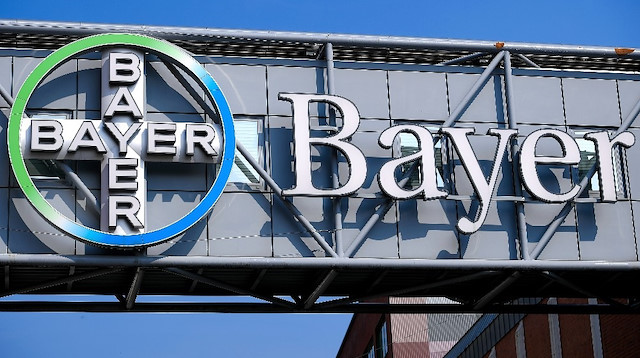
The three cases that have gone to trial will continue through the appeals process and are not covered by the settlement, Bayer said.
A U.S. federal appeals court on Monday permanently blocked California from requiring a cancer warning on glyphosate-based Roundup. That ruling is separate from the wider litigation over whether Roundup causes a type of blood cancer.
The company, whose management in April regained shareholder support for its handling of the litigation, has denied claims that Roundup or its active ingredient glyphosate causes cancer, saying decades of independent studies have shown the product is safe for human use.
Bayer said it expects to maintain its investment grade credit ratings and intends to keep its dividend policy.
The prospect of a surge in fresh lawsuits, fighting more than 20 trials a year and the accompanying unfavorable media coverage swayed Bayer to come to terms with claimants.
"We are well aware of the negative impact high profile trials already have had on our business and reputation," Baumann said.
Bayer shares are down 29% since it closed the Monsanto deal in June 2018. At one point last year as juries ruled against the company, Bayer's market value had fallen below what it paid for Monsanto.
As of April, the company had been sued by 52,500 U.S. plaintiffs who blame glyphosate-based weedkillers for their cancer, up from 48,600 in February. Law firms had lined up tens of thousands of additional claimants with cases yet to serve.
Bayer will continue to sell Roundup, which Monsanto first brought to the market in 1974. It will not add a cancer warning label to the product, a company spokesman said.
Bayer has repeatedly said Roundup is safe and important to farmers who use the herbicide in combination with the company's genetically modified seeds.
Potential future cases will be governed by a class agreement subject to court approval. The agreement includes the establishment of an independent scientific panel that will determine whether Roundup can cause cancer and, if so, at what minimum levels.
Bayer and the plaintiffs are bound by the panel's determination and no new lawsuits can be filed while the experts evaluate the science, a process expected to take about four years, Bayer said.
Separately, Bayer agreed to resolve most cases in litigation over waste water contaminated with PCB, which Monsanto manufactured before 1977, for $820 million.
It also came to terms for up to $400 million to resolve lawsuits brought by land owners who say their crops were damaged by neighbors using Bayer's dicamba-based weedkiller. The product is alleged to evaporate easily and waft away from the target field.
Hello, the comments you share on our site are a valuable resource for other users. Please respect other users and different opinions. Do not use rude, offensive, derogatory, or discriminatory language.
The floor is all yours.








